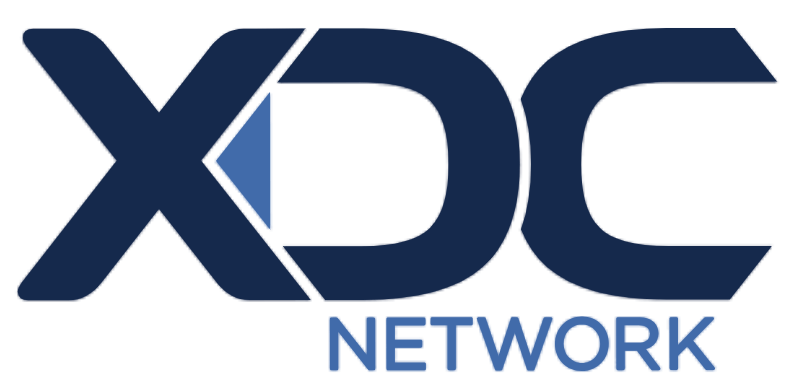Ethereum has evolved from a decentralized smart contract platform to a key player in the institutional finance sector. As more large-scale investors and corporations recognize its potential, Ethereum is becoming an essential part of financial infrastructure worldwide.

Why Institutions Are Embracing Ethereum
- Smart Contract Capabilities
- Institutions leverage Ethereum’s smart contracts for automation, security, and transparency in financial agreements.
- Use cases include decentralized finance (DeFi), supply chain finance, and digital identity verification.
- Ethereum as a Store of Value
- With Ethereum’s transition to proof-of-stake (PoS), institutions are increasingly considering ETH as a valuable asset.
- The staking mechanism provides passive income opportunities for large investors.
- Regulatory Clarity and Compliance
- Governments and financial regulators are gradually creating guidelines for Ethereum’s use in institutional finance.
- Ethereum-based financial products, such as ETFs (Exchange-Traded Funds) and custodial solutions, are gaining traction.
- Integration with Traditional Finance
- Major financial institutions, including banks and asset managers, are integrating Ethereum into their portfolios.
- Tokenized assets and Ethereum-based settlement layers are revolutionizing traditional financial services.
Major Institutional Players in Ethereum
- JPMorgan & Onyx: JPMorgan has launched Onyx, a blockchain-based payments platform using Ethereum technology.
- BlackRock: The world’s largest asset manager has shown interest in Ethereum investment products.
- Visa & Mastercard: These payment giants are exploring Ethereum for cross-border transactions and stablecoin integration.
Challenges and Risks
Despite the growing adoption, Ethereum faces some challenges:
- Scalability Concerns: High gas fees and network congestion remain issues, though Layer 2 solutions like Optimistic Rollups are addressing them.
- Regulatory Uncertainty: Government policies and compliance standards continue to evolve, impacting Ethereum’s use in institutions.
- Security Risks: Smart contract vulnerabilities and cyber threats require robust security measures for institutional investors.
The Future of Institutional Ethereum Adoption
As Ethereum continues to upgrade its network, its institutional adoption is expected to accelerate. Key developments include:
- Ethereum 2.0 Enhancements: Improved scalability and reduced energy consumption will make Ethereum more attractive to enterprises.
- More Ethereum-Based Financial Products: Increased availability of Ethereum ETFs, staking services, and tokenized securities.
- Global Financial Integration: Ethereum’s role in central bank digital currencies (CBDCs) and international settlements.
With these advancements, Ethereum is poised to play a crucial role in the future of institutional finance, bridging the gap between traditional and decentralized financial systems.
Disclaimer: This article is for informational purposes only and is not investment advice. Investors should research carefully before making any decisions. We are not responsible for your investment decisions.
















